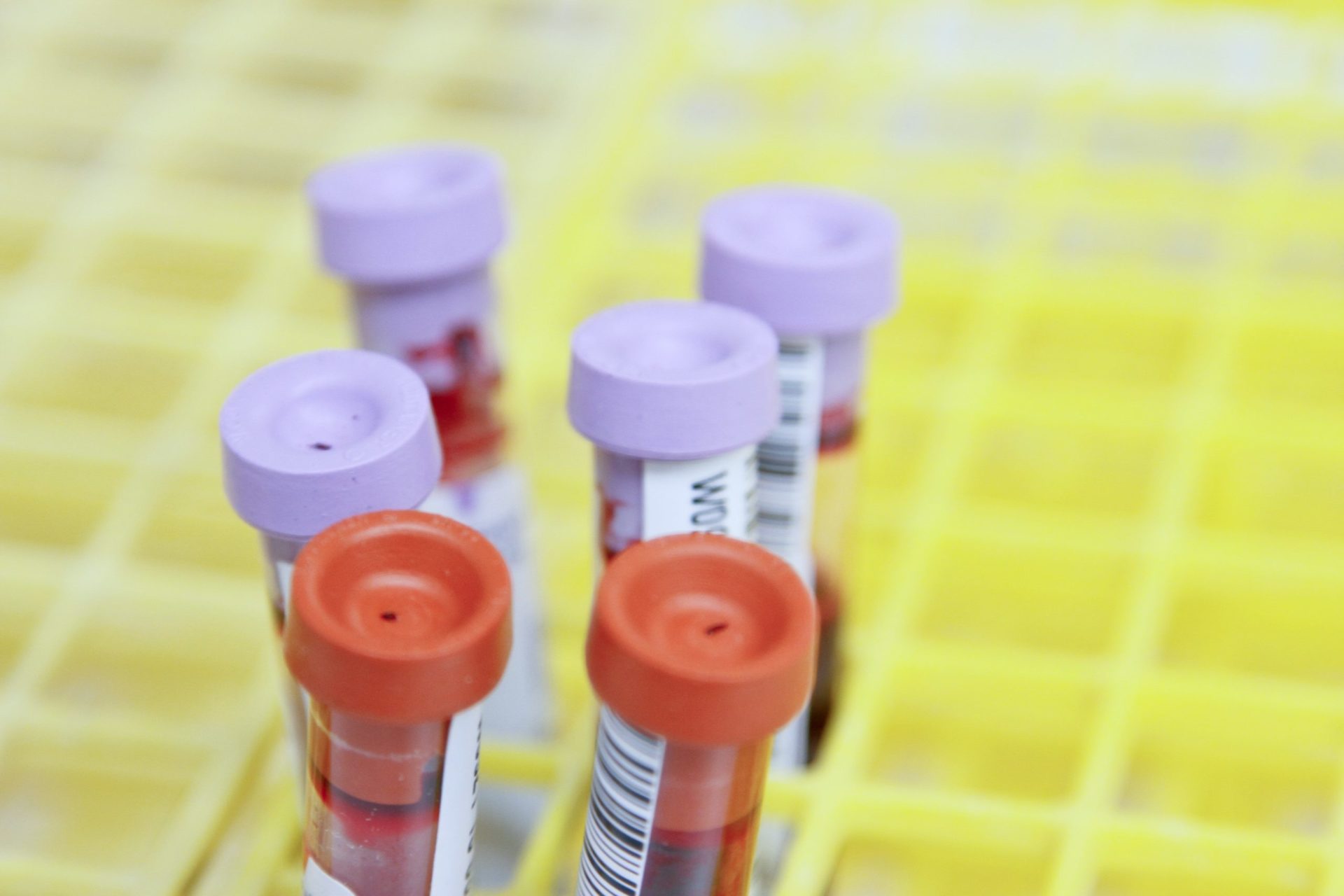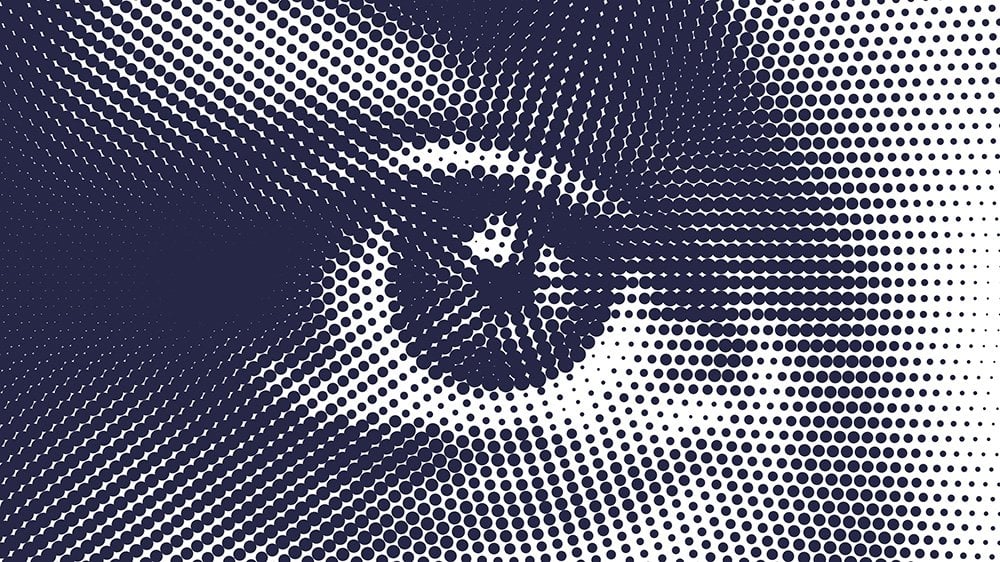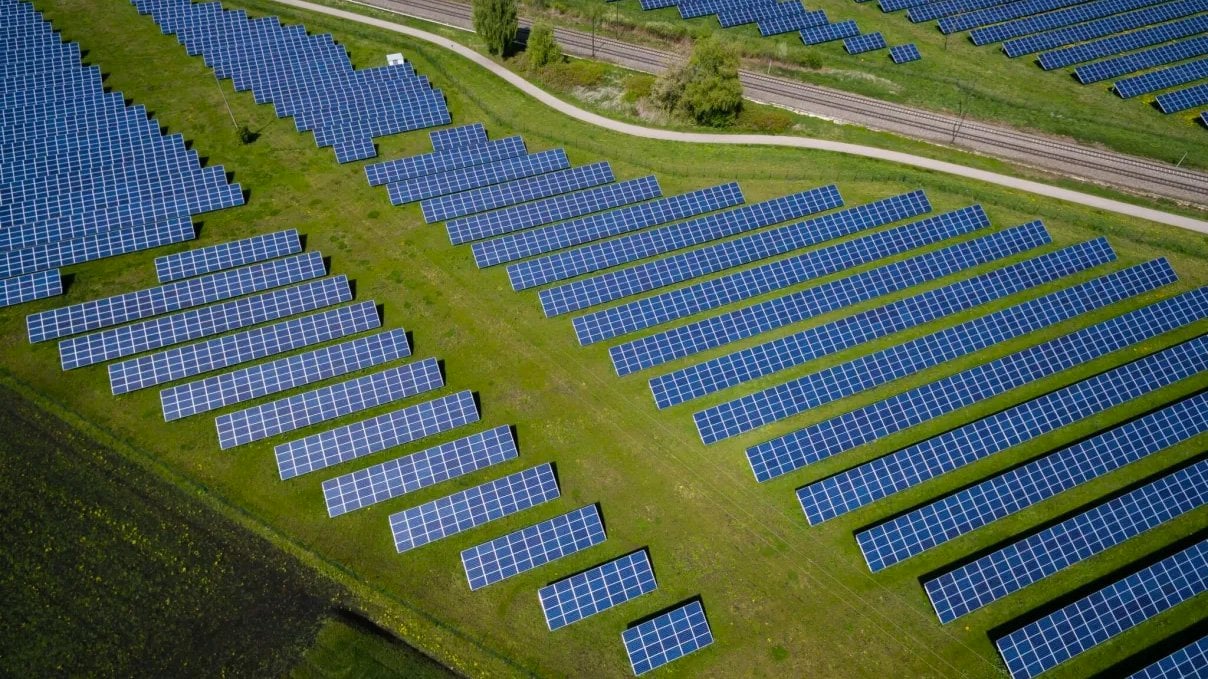Science has never moved so fast, nor with such global coordination, as it has during this pandemic. But even as research on ways to cure, prevent, and alleviate COVID-19 moves at breakneck speed, the pandemic’s toll on the rest of science — like the price we have paid on so many other fronts — will be incalculable. That’s the view of Claire Fraser, a genomics pioneer and professor at the University of Maryland School of Medicine who’s now serving as president of the influential American Association for the Advancement of Science.
In some areas, COVID-19 could set us back years, resulting in delayed development of new therapies as well as advances we would have otherwise seen in understanding ourselves and our world. Clinical research studies depend on predetermined milestones — like for example check-ins with patients every three months — that have not been met due to lockdowns or overcrowded hospitals. Basic biology projects often involve living cells or organisms that must be monitored at specific times to address a particular research hypothesis. But many researchers have been kept out of their labs. In both cases, the inability to maintain regular check-ins can invalidate all the data gathered before, rendering an entire study worthless.

Researchers, too, are scrambling. Layoffs and furloughs have hit the scientific community hard. Many scientists are in the untenable position of watching the clock tick down on time-limited grants, unable to perform the research those funds were supposed to support. (In the U.S., two of the biggest grant-funding agencies, the National Institutes of Health and the National Science Foundation, have extended deadlines for new applications and are trying to accommodate scientists with projects underway.)
To learn more about the pandemic’s impact on science, I reached out to Fraser for an in-depth evaluation of where we stand. What follows are excerpts of our conversation, edited lightly for readability and length.
How can we get a sense of the pandemic’s impact on science?
There are so many dimensions. The obvious one is the shutdown, and now the very slow resumption, of research. For laboratory-based research, there’s been a huge hit. It’s really hard to know how long it’s going to take to get back to where we were. This isn’t over yet.
Some areas of research are being hit harder, such as field research that requires people to travel or go out on ships. Being at a medical school, it’s been very obvious what the impact on clinical based research has been. Most of my research grants right now have a clinical component and all that has come to a grinding halt.

Why have lockdowns been so difficult for clinical studies in particular?
When you have longitudinal clinical studies underway and you believe, based on the study design, that those time points are important and you have to bring research to a halt — it raises the question of whether the work that had been done up until that point can be salvaged. I’m hearing the same stories from my colleagues over and over again.
What happens to research groups in the middle of a funded project, with a looming deadline for the end of the grant?
That’s the nightmare that keeps every funded investigator up at night. You certainly don’t want to let all of your research staff go. But what happens when things resume and money has been spent paying salaries but the funded research has not been done? We already know the budget math isn’t going to work once we’re back in business. How is productivity going to be judged when it comes time for annual progress reports or for people near the end of a funding cycle who need to submit a renewal application?
Across the research community, it seems there’s concern about a reversal of some progress that’s been made in reducing the science gender gap.
This is about the impact on scientists who are working from home but who have school-age kids so they’re having to do double duty, trying to keep their research going but dealing with the challenges of basically home-schooling their kids. The National Academies are putting together a study group to look at what seems to be an unequal burden on women who are practicing scientists and parents. I certainly see evidence to support that idea. When your productivity is not as great as it would be otherwise, what does that mean in terms of promotion and tenure clocks?
Is there anything scientists or the general public can do to help?
I wish I had an answer because I’d be out there doing it. There’s been such a hit to the economy across the board that it’s even difficult to think about going to university administrators and asking for support. The problem is we’re not out of it yet. We don’t know whether there will be slow and steady improvement or whether we’ll be plunged into another shutdown. We’re very much in a holding pattern right now.
Repurposing some of our research labs to do COVID testing has solved some of the issue of keeping people busy and gainfully employed. The way forward until we have a vaccine is just not clear yet.
Have you experienced anything like this that might offer a lesson about how to proceed?
One thing that feels a little bit familiar to me is the way that NIH in particular has pivoted to focus on all sorts of supplemental funding opportunities related to SARS-CoV-2. It’s not all that different from what happened back in the early 2000s following the anthrax attacks; all of a sudden we had this very laser-like focus on biothreats and biodefense research. But when those came to an end, that focus mostly disappeared.
We’re seeing an awful lot of that now in dealing with the COVID pandemic. It makes tremendous sense to deploy the best and brightest minds to be able to understand this virus. What I hope is that we’ll come out of this having learned a lesson that areas that seem esoteric may be important. When all of this is over, where do we go from there? Do we just wait for the next outbreak and then shift focus and resources to study that? Or can we come up with a more comprehensive and more forward-looking view of infectious diseases? It would be wonderful if that happened.
















